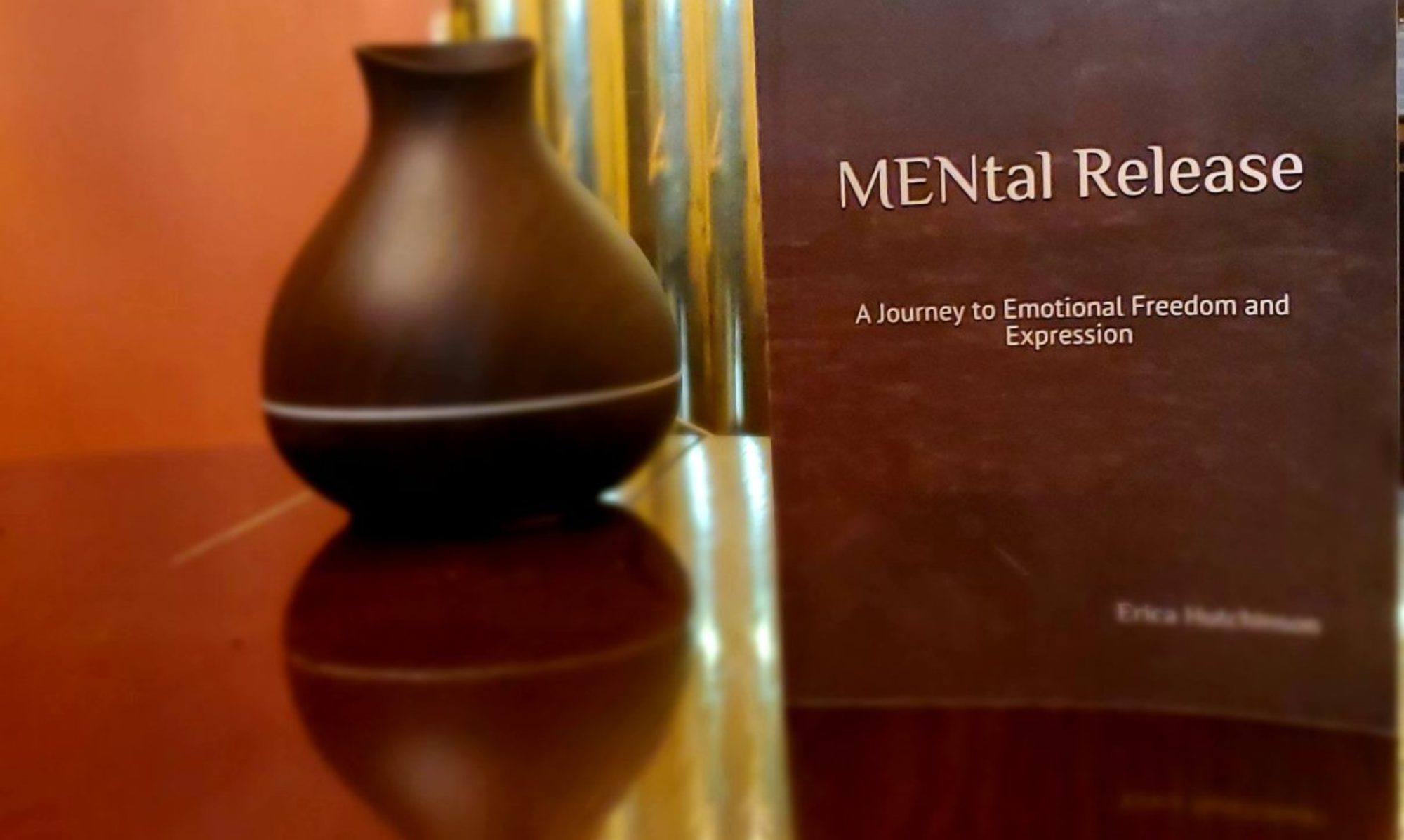Whew! It’s been a lonnnng research journey! When I first registered for this class, I wondered why I would need a research class to be a good Social Worker. Even purchasing the textbooks and seeing a statistics workbook had me thinking that maybe my advisor got it wrong! Throughout a good portion of the class I was looking for the connection and it wasn’t until it was time to write the final research proposal that it all became clear.
I remember writing in previous blogs where I mentioned how I was apprehensive about the information overload and managing my time to not overwhelm myself closer to the due date. It’s safe to say that unfortunately, THAT plan didn’t work. I found myself pulling all -nighters, being stressed and having brain fog throughout this proposal process, (I feel like the final proposal snuck up on me, 😥) but life happens, and you just gotta push through!!
Reading the textbooks, listening to lectures were, okay, but I feel like when I was able to apply what I learned to the final proposal paper really drove the lessons home. I had a lot of “ah ha” moments while writing the final proposal and got excited from understanding the full research process. I do think it would be cool to work under an actual researcher to make sure that what I think I know is valid.
The goal for actually going into the social work field was to be able to facilitate a curriculum that I created to different mental health organizations, prison groups and colleges, and this course has taught me how to go about doing that successfully. When I facilitated my curriculum to a group of high school boys, I had them complete a pre and post assessment to gage the effectiveness of my program, not knowing that that’s an actual part of conducting research! I appreciate the group work with finding ethical consent forms, formulating research questions and I even ENJOYED completing the statistics worksheets! Although, I will admit that I need more practice with the Jamovi website 😬
All in all, I got more out of this class than I initially thought I would.
Cheers to Research!




